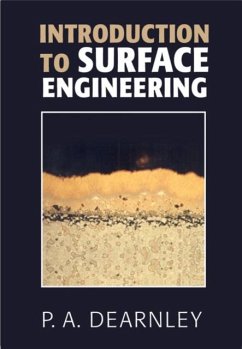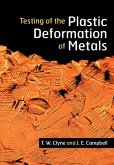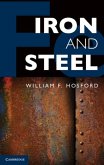This highly illustrated reference work covers the three principal types of surface technologies that best protect engineering devices and products: diffusion technologies, deposition technologies, and other less commonly acknowledged surface engineering (SE) techniques. Various applications are noted throughout the text and additionally whole chapters are devoted to specific SE applications across the automotive, gas turbine engine (GTE), metal machining, and biomedical implant sectors. Along with the benefits of SE, this volume also critically examines SE's limitations. Materials degradation pathways - those which can and those which cannot be mitigated by SE - are rigorously explained. Written from a scientific, materials engineering perspective, this concise text is supported by high-quality images and photo-micrographs which show how surfaces can be engineered to overcome the limits of conventionally produced materials, even in complex or hostile operating environments. This book is a useful resource for undergraduate and postgraduate students as well as professional engineers.
Dieser Download kann aus rechtlichen Gründen nur mit Rechnungsadresse in A, B, BG, CY, CZ, D, DK, EW, E, FIN, F, GR, HR, H, IRL, I, LT, L, LR, M, NL, PL, P, R, S, SLO, SK ausgeliefert werden.









